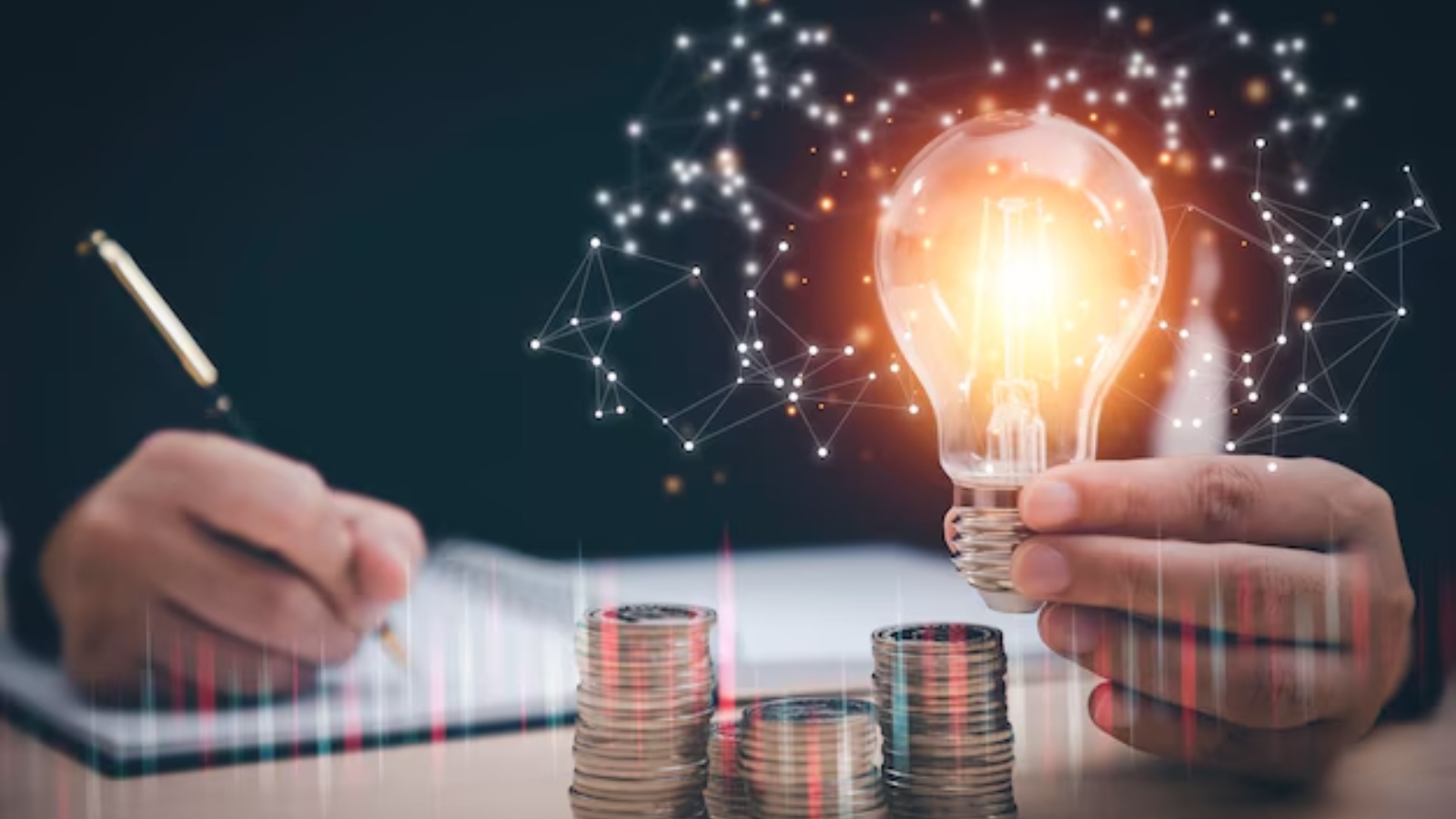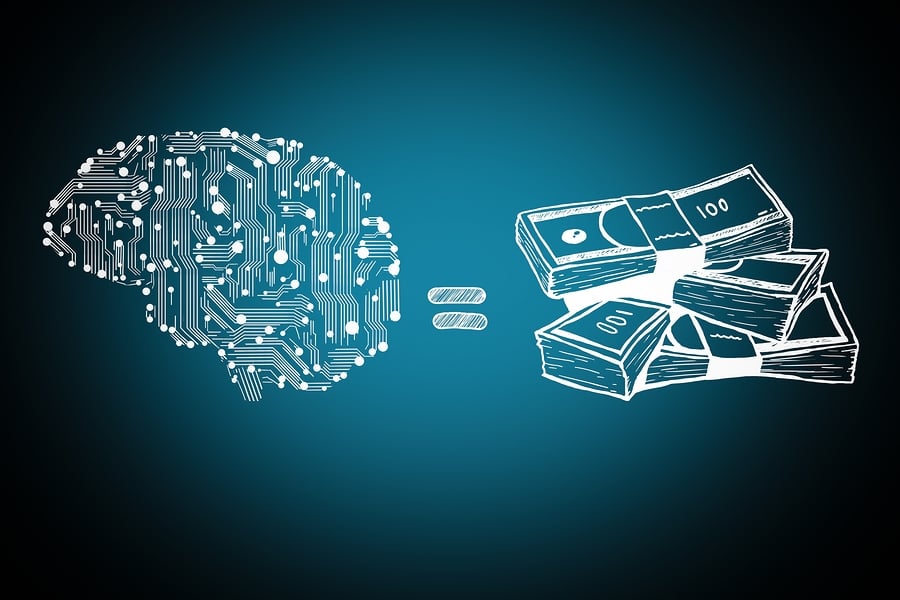Money or Knowledge; Which Is Better? What Does the Corona Pandemic Tell Us about This Topic?
If you present this question to a sample of people, the majority choose material comfort and financial stability, especially in countries that suffer from economic and living problems, including moderate ones and stifling ones that may lead people to the brink of destitution and hunger.
No one can deny that conducting any scientific research needs money; otherwise, it cannot be implemented. On the other hand, no one can deny the role of science in making money or in making life.
Even the field of money and business is considered one of the branches of science, and economics is a broad science in itself. So, the relationship between money and knowledge is always reciprocal and cannot be separated from a practical point of view; one cannot even be preferred over the other. They are both essential pillars of building civilization.
But in this article, we will discuss a theoretical question: what is more important to a person, money or knowledge? Of course, by default, we need both, and we cannot give up money or not use the products of modern science.
Is it accurate to say that the money's owner is constantly worried?
There is a lot of talk in public, especially in the middle and poor classes, that the owners of money are psychologically unhappy people. This is because they live under psychological pressure every day as a result of the many actions that they have to decide on and the actions and decisions that bring them profit or loss. This leads to diseases that are usually associated with mental disorders, such as arterial hypertension and diabetes mellitus.
In fact, this is not accurate. Recent studies have shown that financial stability is the most important factor in maintaining mental health. In contrast, the low standard of living remains an important cause of human affliction, with many psychological disorders and organic diseases. Even if the commercial projects cost the owner a share of the psychological tension, it is not compared to the psychological pressure and organic diseases resulting from food insecurity, the inability to secure medicine, the inability to perform a necessary surgery, the inability to buy toys and clothes that your children love, and other things that confirm that psychological pressure, depression, and anxiety are clearly associated with greater poverty.
The impact of poverty is not limited to psychological aspects; it leads to malnutrition, the organic diseases that result from it, and a deficiency in the body’s immunity, and then it becomes more susceptible to infection with germs and viruses.
Does money really buy happiness?
People say that money can buy everything, even happiness. With money, you can enter the best hospitals, consult the best doctors, and then buy knowledge and health. Contrary to material need, which can make you drift towards malnutrition and then contract various diseases, which lead to the deterioration of your life and may lead you to death.
We hear a lot of this talk, and it is logical. Material stability is much better than poverty. No sensible person enjoys poverty, but which is the rational option if we were to pick between knowledge and wealth?
The Corona pandemic has taught us many lessons, revealing to us that the only way for a person to survive is knowledge and nothing else. Here, we will shed light on the idea of medical awareness, which is limited in many societies to health workers, including nurses and doctors. In this article, we will mention two examples. The first is a person who has knowledge but does not have money, while the second has money but does not have knowledge.

What if we had knowledge but did not have money?
In our first scenario, John, a close friend of ours, is a skilled nurse with sufficient knowledge of health issues and a background in medicine to work both within and outside of hospitals. When he returned from his trip, he discovered that his father had contracted the Corona virus and that he himself was showing symptoms of pneumonia—high temperature, shortness of breath, and coughing—then his oxygenation began to decline. He thus needed an oxygen cylinder, which would slightly lessen his dyspnea and increase the pace at which his blood gets oxygenated. Even though the blood was attached to an oxygen cylinder, the blood's oxygenation gradually declined.
John knew that his 75-year-old father, who suffers from diabetes, was in serious danger, especially since he knew as a nurse that these oxygen cylinders did not give proper pressure and were not as efficient and effective as the oxygen provided in hospitals.
He is aware that his father's oxygenation could drop at any time, which would render the oxygen cylinders useless and trigger the body's anaerobic metabolism, which would produce harmful waste that would destroy the various organs.
Based on John's knowledge of these important points, he did not wait any longer, took his father to the hospital, and placed him in the isolation department for coronavirus patients, despite his father's unwillingness to go to the hospital and his brothers' opposition to this matter because of their ignorance of the things that John knew about. John's father spent several weeks in isolation, during which he received all the necessary intravenous medications and was subjected to higher oxygen pressure in line with the worsening of his condition.
John was patient, as he had to lie on the floor and take care of his father, and the isolation ward was overcrowded, reaching its full capacity. After two weeks of suffering, John's father recovered and began to improve slowly, until he returned to his normal life.
Here we can say: had it not been for the knowledge that John possessed, which led him to his good and quick action, his father would have almost certainly died.

What if we have money but do not have enough knowledge?
Moving on to our second scenario, 68-year-old Jack lives in a rural village. Although he has enough money to live in luxury in the city, he chose the fresh air and charming nature. Jack caught the coronavirus. As the symptoms appeared in a typical manner, his family took him to the hospital immediately, and the doctors confirmed the diagnosis and requested that he be placed in the isolation department.
But Jack opposed it, and his children did not want him to stay in the hospital; although they were educated, they did not have the health awareness and medical culture to understand that their father's condition required staying in the hospital.
Jack had friends who were doctors and nurses who advised him to stay in the hospital. However, his and his family’s desire to keep him at home on the pretext that it is better in terms of psychological comfort and their belief that they are financially able to bear the extra cost of bringing medical equipment to the house pushed him to pay no heed to the doctors' advice. Here, Jack has enough money to bring an entire hospital to his home, but he does not know that this, medically and practically, is not possible. It is true that he has the financial ability to buy oxygen cylinders and expensive medicines, but he did not know what John knew: that home oxygen cylinders do not work as efficiently as is the case with hospital ones.
Unfortunately, Jack stayed home until his health deteriorated greatly. His family insisted on not going to the hospital until Jack's heart stopped and they resuscitated him. Then he was transferred to the hospital's intensive care unit, but what’s the use? They were too late, as hypoxia caused permanent brain damage, which eventually led to his death one day after he was admitted to intensive care. Such scenarios are not unusual or extraordinary, of course, but in many instances, death may have been prevented with awareness.
So, what is better: knowledge or money?
Here we go back to the question we asked at the beginning: if they made you choose between knowledge and money, which would you choose?
In this article, we do not give an answer, and we don't owe you one. Instead, we'll talk, evaluate, and let you make the decision because having knowledge may be the reason we have money. There are many sciences and professions that generate a lot of money, which, of course, may provide a person with better educational opportunities. Knowledge remains a continuous and long process that requires time and effort. It is a cumulative process that we cannot acquire over night, and if money comes to us at a later stage in life, then we will not be able to employ it in the field of science.
In conclusion
What brings the most happiness to any person is staying with the people they love and feel loved by, especially their mother and father. There is no happiness that can match the family atmosphere; if we lose it, we will be unable to enjoy life. The most important thing to maintain this atmosphere is mental and physical health, which cannot be reached without awareness. Science and knowledge are the pillars of awareness, followed by health and happiness. What is more important to a person than their health and happiness?